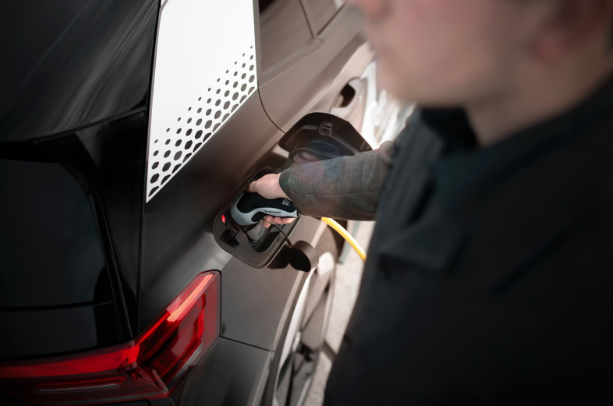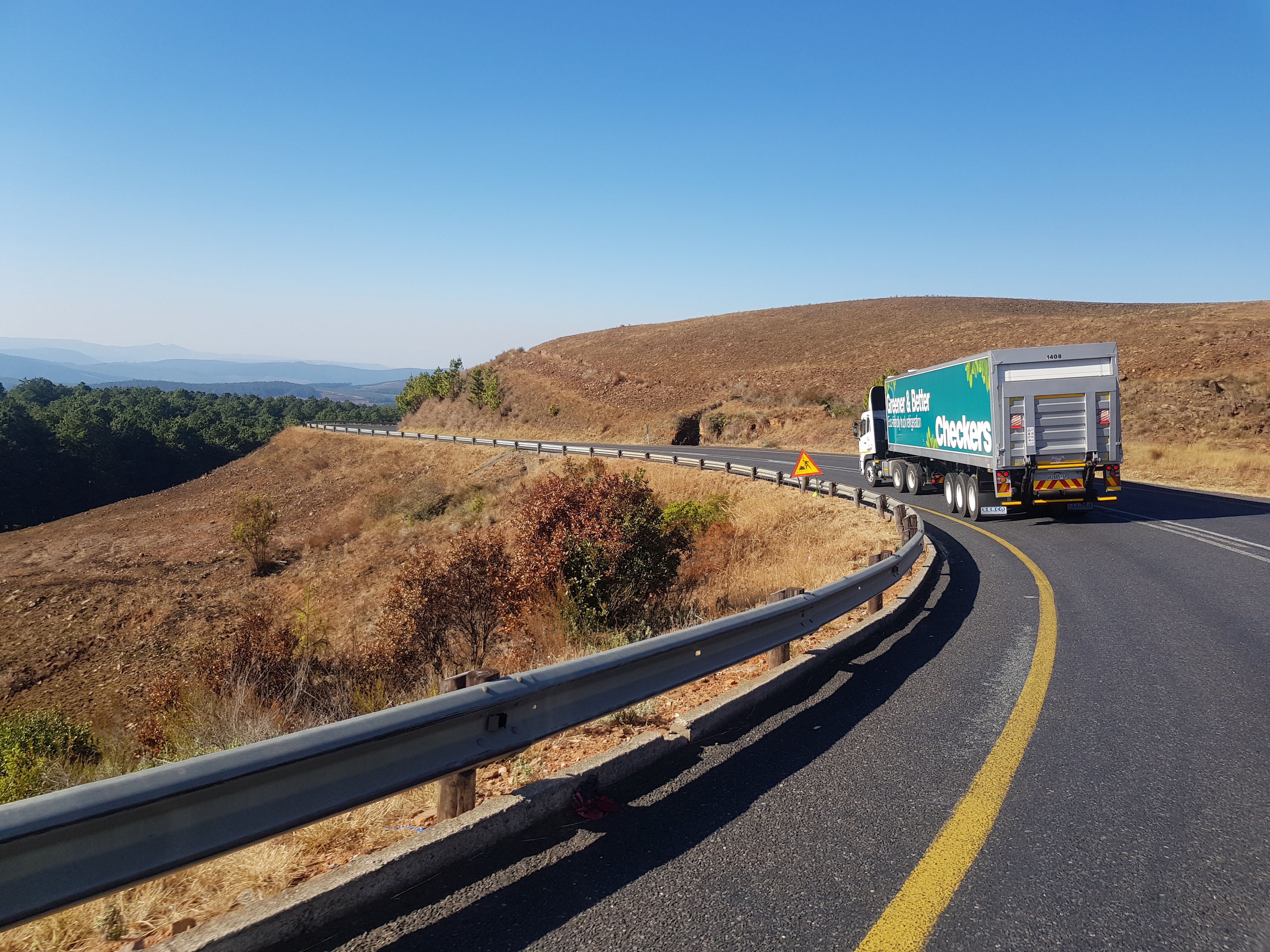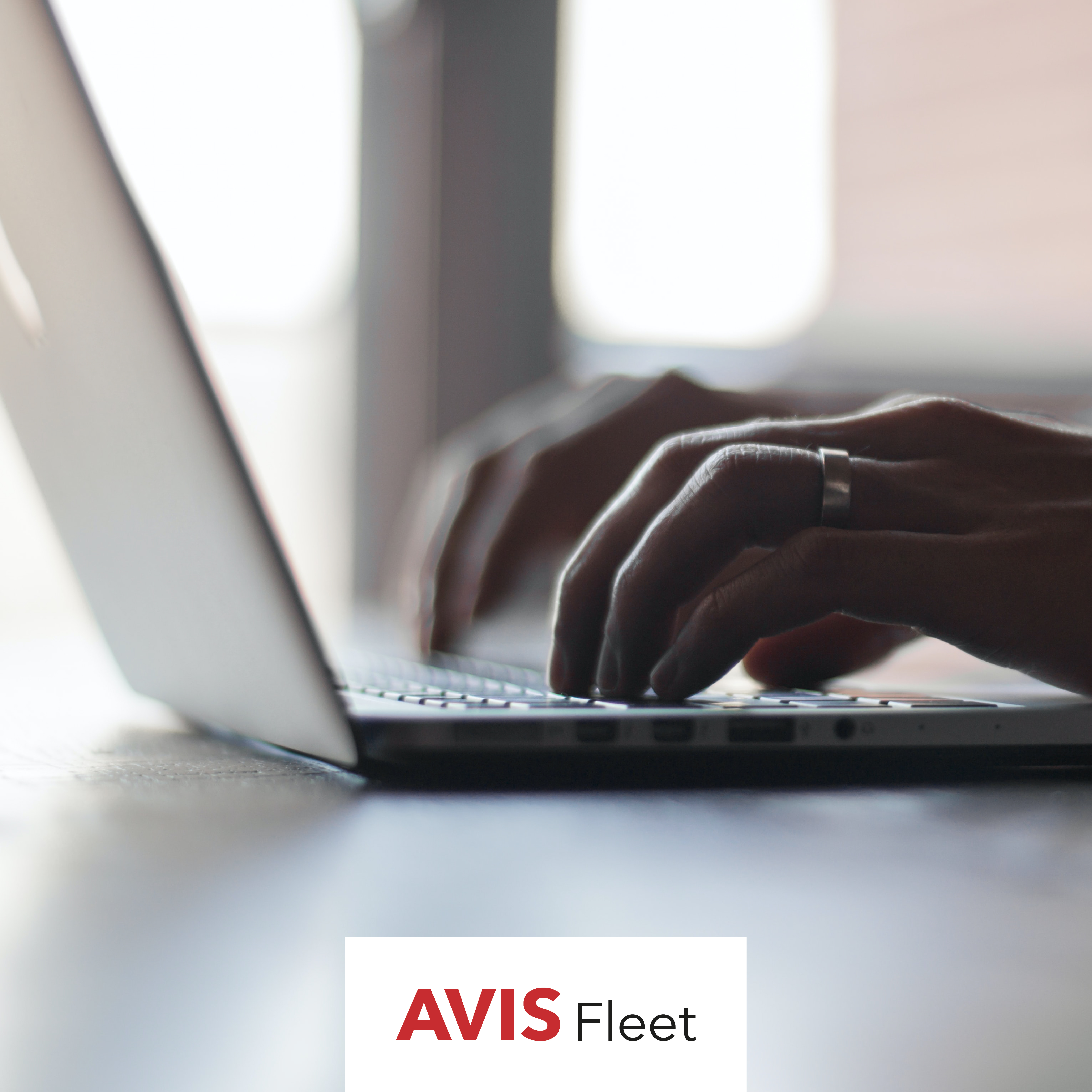Choosing the right fleet partner can be the difference between success or struggle for your business. You have to make sure you are asking the right questions and that your fleet supplier understands your fleet needs.
We all know that running a fleet is intricate and constantly changing, but with the right fleet partner you can ensure your fleet is running as efficiently as possible. A successful fleet is about much more than simply keeping vehicles on the road–it’s about effective planning, admin management, driver management, and regularly reviewing your fleet needs to ensure your operations are up to scratch.
Whether you are looking for a new fleet partner, reviewing an existing contract, or looking for ways to improve your long-standing fleet partnership, the way to know you’re on track is by asking the right questions. This is the only way for both parties to get a clear picture of your fleet needs and it will help you decide which fleet partner, or which contract option, is the best for your business.
How to choose the right fleet supplier
Below is a list of questions to keep in mind when you’re looking for the right fleet supplier.
What is the benefit of leasing vs. owning fleet vehicles?
Your fleet supplier must be able to show you a cost comparison between leasing and purchasing. They must be able to show you what you could save should you decide to go with a Full Maintenance Lease option.
What added value do I get from this partnership?
Whether you are opting for full fleet services or a tailored fleet management package, your fleet supplier must show what they are offering you compared to banks or other leasing/fleet companies. With Avis Fleet, to name only a few, you get the following:- A Level 1 BEE partner
- A free mobile app to track all your fleet actions
- An integrated reporting system that can give you an overview of expenses and also split into expense categories
What are the risks of outsourcing my fleet?
You want to make sure that you have a transparent relationship with your fleet supplier. If they are able to layout the risks and solutions related to your specific fleet it’s an excellent indication that they will be able to help you minimise risk within your fleet operations. You don’t want a fleet partner who ‘sugarcoats’ things–you want a fleet partner that can deliver solutions that save you time and money.
What portion of the lease cost is declarable in terms of the IFRS16 standards–does the rental need to be on the balance sheet?
Your fleet partner cannot handle tax matters on your behalf, but they should be able to structure your reporting so that your finance department doesn’t have to wade through hours of data to get what they need. At Avis, we can set up your reporting so that all operational expenses and information needed for tax purposes are clearly defined to simplify the process on your end.
Do you offer restructuring of the contract, both up and down, during the contractual period?
We all know that fleet and business needs can change dramatically in a short space of time. Make sure your supplier is flexible and can help your fleet adapt as needed. During Covid-19, Avis assisted many of our clients with the restructuring of their contracts according to mileage. Some customers were suddenly doing 500km per month instead of 5000km per month, and you should be paying for the actual mileage used, not a ‘guesstimate’.
How do tyres factor into the agreement?
On a Full Maintenance Lease, you have the option of including / excluding tyre costs. The beauty of a Full Maintenance Lease is that it allows you to outsource all the risk and headache that comes with traditional vehicle ownership such as repairs, tyre replacement, and damage repair. Most clients, therefore, opt to include tyres in their lease package.
How do you work out our maintenance tables?
This will give you a good indication of how this supplier operates. At Avis, we have a system that automatically calculates maintenance tables and we can give current and potential customers a report whenever needed.
What happens if I want to own the vehicle at the end of the lease period?
This is always an individual choice. In some cases, staff may choose to buy their vehicles for a spouse / relative at the end of the lease period.
When it comes to the business side, however, there is little financial benefit in owning a fleet of vehicles with high mileage that are possibly reaching the end of their maintenance / service plans. It is more cost-effective to replace these vehicles with new lease vehicles.
The above questions will help you dig into the detail you need to choose the fleet supplier that will offer you the best solutions and manage your fleet correctly.
Contact us to speak to one of our fleet experts if you need help optimising your fleet in alignment with your business objectives.





